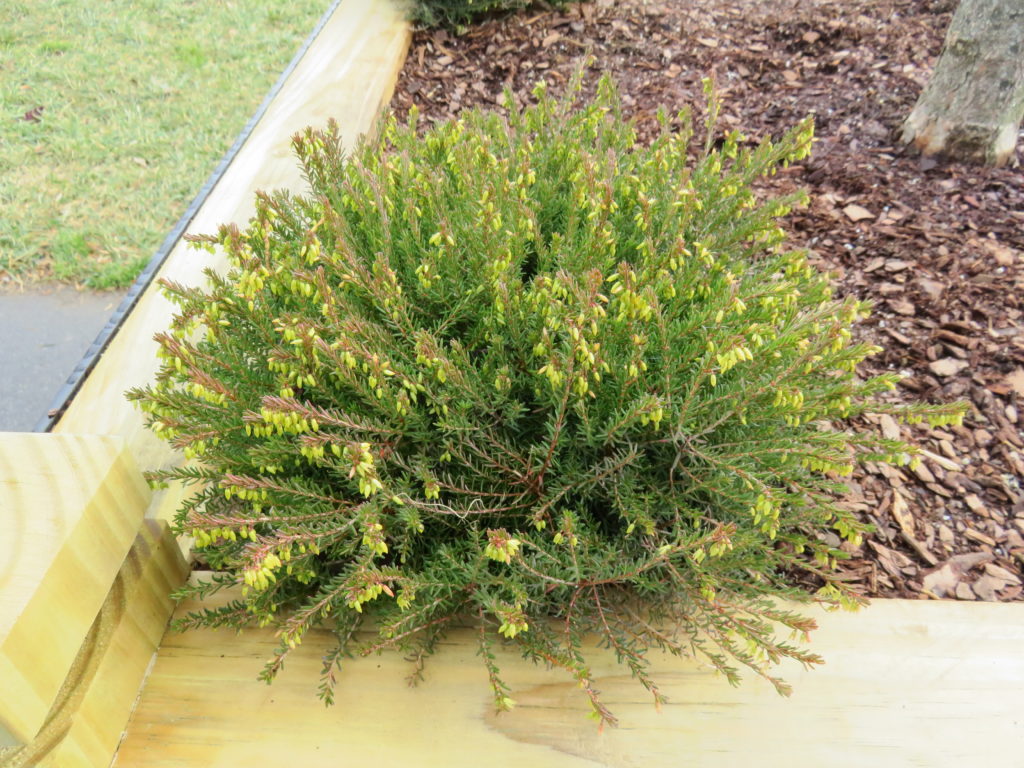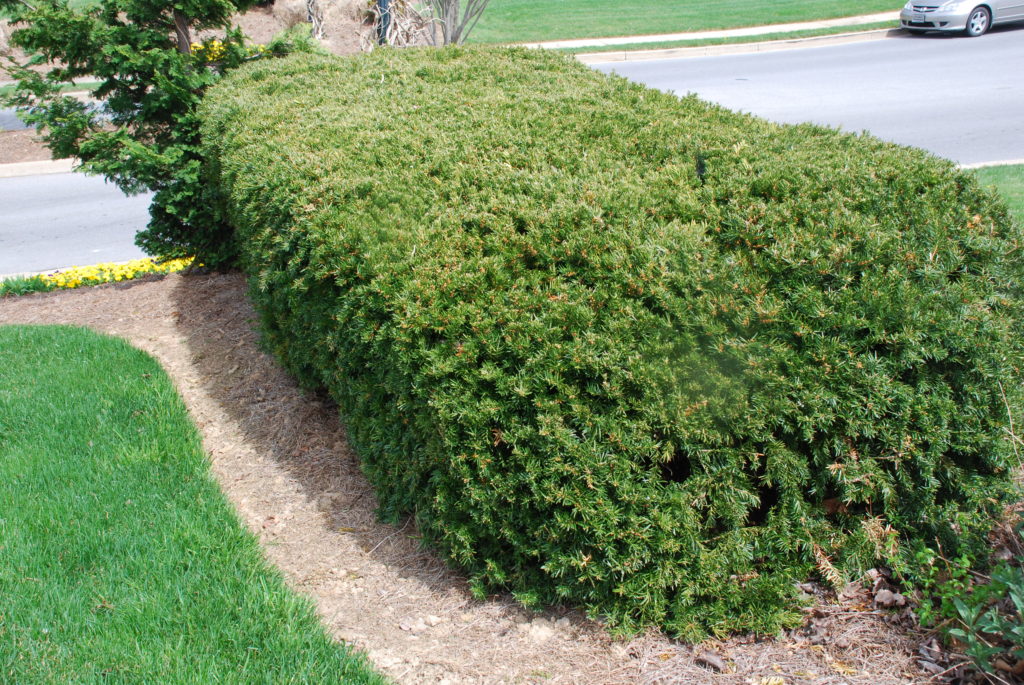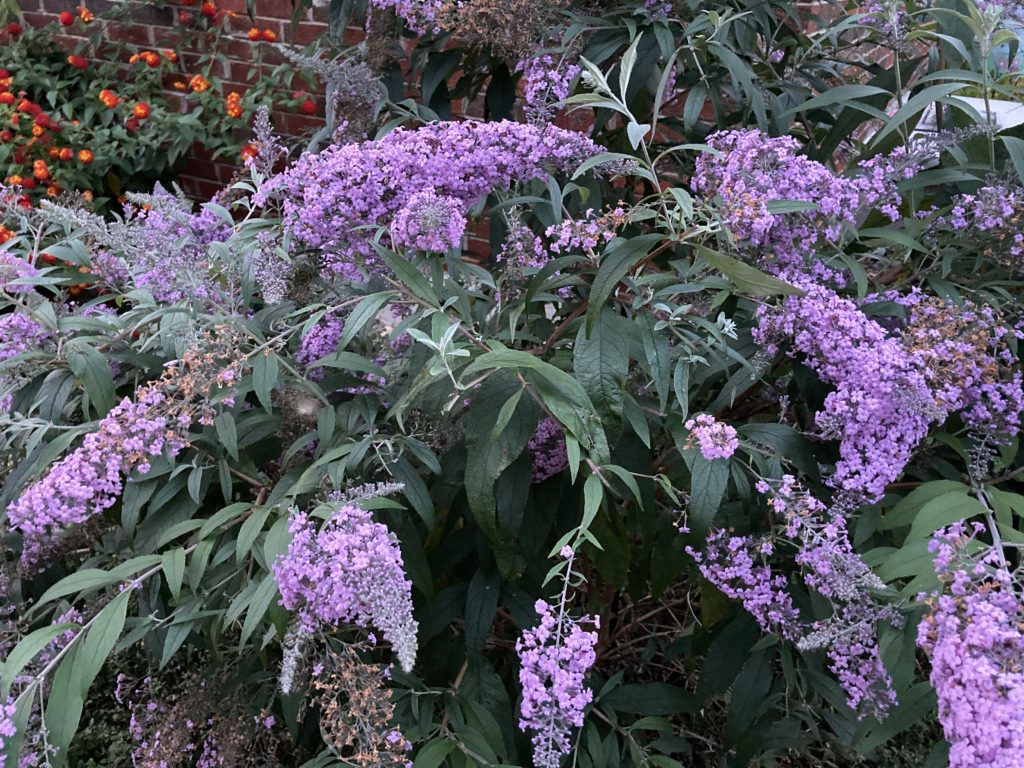Containers filled with shrubs and perennials, doesn’t necessarily ensure their winter survival. Without adequate cold protection plants may succumb to cold injury—turning them into dead annuals.

To over-winter perennials in containers, you need to know their root and shoot temperature hardiness. Often, plant hardiness ratings is listed on the label.
Roots and shoots of several landscape plants have different hardiness levels. For example, above ground potted landscape species such as hollies, azaleas, and boxwoods may be winter hardy at 5-10 °F, yet their roots are injured below 18-20 °F. Day to day air temps may fluctuate wildly and the plant crowns and roots are much more sensitive to temperature swings than their above ground branches.
Here are several helpful pointers to improve the survival of containerized plants during the winter months:

- Grow Two Zones Colder. When growing perennials in containers, select those that are rated two plant zones hardier than your own.
- Transplant Into Larger containers. Large containers contain more soil and offer greater winter protection to roots than smaller pots can provide. Also, line pots with styrofoam insulation
- Huddle for warmth. Group multiple containers tightly together and move them in a wind protective corner of the garden. In some climates, they may also be beneficial to cover them with loose leafy mulch to added temperature protection as well as fluctuation.
- Dig Pots In. Container roots can be protected from cold if you trench pots into the ground. Dig a hole or pit in the ground and take advantage of the heat and insulation that the earth provides.
- Bring Them Inside. Set the containers inside a shed or an unheated garage to protect temperamental perennials, such as elephant ears, cannas, crinums, blue mist shrub and butterfly bush (Buddleia x davidii) (USDA Zones 5–9).
- Delay pruning back some tender shrubs in the fall. Buddleias, crape myrtles, and bluemist shrub (Caryopteris) are examples.
- Late fall clipping of hedges, such as hollies, yews, boxwoods, or privets, may be injured if winter temps turn out to be unusually severe in your region.


 Posted in
Posted in 
